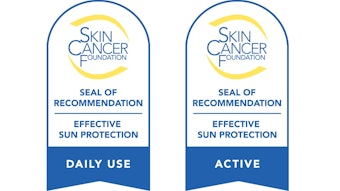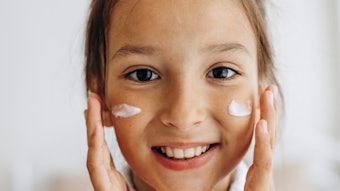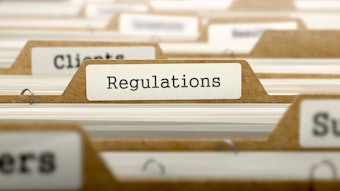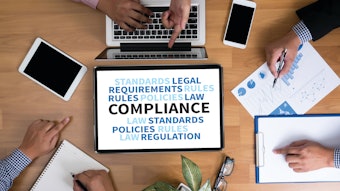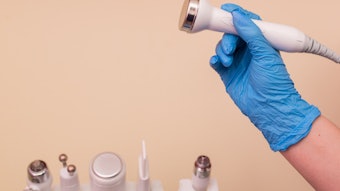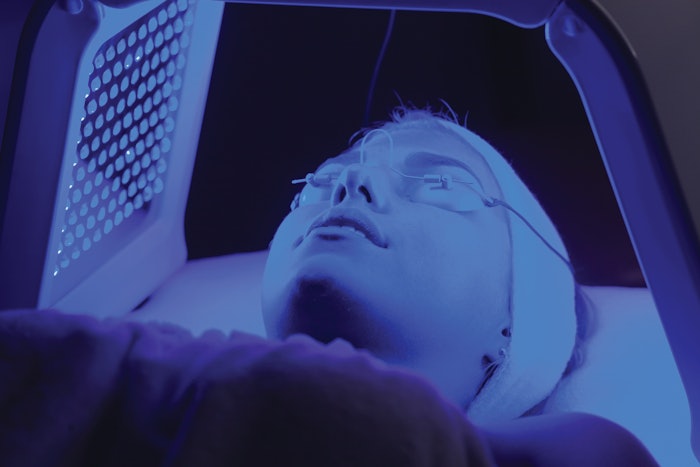
State boards and legislators are increasingly limiting the devices estheticians can use independently, particularly Class 2 medical devices. These devices include LED light therapy, microcurrent, radio frequency and microneedling devices. Added to the confusion are new tools such as the plasma/fibroblast pen or combination devices that include sonophoresis. These new devices may not be correctly FDA classified by vendors, which adds additional confusion. The current trend is to automatically put them out of scope by state boards like the use of cryotherapy devices for body contouring that started in 2021. These restrictions can severely impact the services estheticians offer, yet many remain unaware of these changes. Understanding how these laws work and staying informed is vital to protecting your career and license.
Let’s look at what is happening with state-level restrictions, explain why they matter, and provide steps you can take to protect your license.
What Are Class 2 Devices?
Class 2 devices are medical tools regulated by the FDA to ensure safety. It’s important to note that FDA classification pertains to intended use, not effectiveness. To complicate matters, there is the added confusion of OTC or prescriptive use designation. This designation pertains only to the level of instructions required for safe use of the device based on who the vendor is selling it to. Unfortunately, the interpretation by many US cosmetology boards such as Idaho is that the “prescriptive” designation is only allowed to be used under medical supervision.
For estheticians, these devices often include:
• LED light therapy devices
• Microneedling
• Radiofrequency (RF) devices
• IPL
These devices are essential for many estheticians, and states are increasingly requiring medical supervision for their use.
Why Are States Restricting These Devices?
Regulatory agencies, including medical and cosmetology boards cite safety and liability concerns, arguing misuse can harm clients. There’s also ongoing tension between estheticians and medical professionals about who should be able to perform these services independently. The real issue is independent practice vs. medical supervision, which requires an esthetician to hire a medical provider to supervise these services through a collaborative agreement, direct supervision or engaging a medical services organization (MSO). Below are some examples in different states.
• Idaho’s 2017 Bill: This law prohibits estheticians from using any class 2 devices like LED light therapy without medical oversight. This bill had no opposition or feedback from the profession, and the governor signed it into law in 2018. Many in the industry did not know about this bill until it was being enforced in 2024.
• Michigan’s New Legislation: A new bill in Michigan includes vague language that could restrict estheticians’ use of LED light therapy, requiring medical supervision instead. There was poor wording in the statute that was supported by schools, spas and salons in Michigan. Feedback during the regulatory process will be needed in 2025.
• Nevada’s Advanced Esthetics regulations state that any class 2 device with the “prescriptive” designation must be performed under medical supervision. This means that any LED therapy device that does not have an OTC designation in the FDA registration cannot be used independently.
How it Can Affect Esthies
Restricting class 2 devices impacts estheticians in several ways.
1. Fewer Services: Losing access to these devices limits your ability to offer treatments clients want.
2. Higher Costs: Requiring a medical director to oversee treatments can increase operational expenses and service prices, especially for small businesses.
3. Reduced Competitiveness: Clients can only receive these services in a medical practice or a med spa with a medical director involved.
4. Devaluing Our Profession: Many estheticians feel these rules undervalue their training and expertise. After all, estheticians are licensed and trained to use these tools safely. Bad actors in our profession should not restrict all of us.
What Can You Do?
I know it can feel overwhelming, but in order to protect your license, you need to be proactive. Here are some steps you can take.
1. Stay Informed. Keep up with legislation in your state and monitor your state board meeting schedule. Changes can happen quietly, often hidden in larger bills. Check updates from your state’s cosmetology board or licensing agency regularly by getting on their notification list.
2. Engage with Legislators. Share your concerns with state representatives when bills come up. Explain how these restrictions impact your business and clients. Personal stories can make a significant difference. The Esthetic Council regularly comments on behalf of members and their stories on how the bill can impact them are essential.
3. Educate Your Clients. Educating your clients is underestimated and incredibly important! Clients who understand the safety and effectiveness of your services can become advocates. Explain your training and certifications, showing why you are qualified to use these tools.
4. Support Advocacy Organizations. Groups like the Esthetics Council fight for your rights. They monitor legislation, provide resources and work to protect estheticians’ scope of practice. Joining such organizations strengthens the collective voice of the industry.
5. Get Advanced Training. Additional certifications and training can set you apart as an expert in your field. This not only builds credibility but also helps you advocate for your right to practice. Unfortunately, social media education such as watching YouTube videos does not meet this need. It is a great tool for knowledge, but regulators look at formal programs that are created with educational standards. I regularly have to explain how we have legally defensible content published in our profession to add legitimacy.
Why You Need to Pay Attention
The trend toward restricting Class 2 devices is not going away. As technology evolves, the line between esthetic and what may be considered a medical treatment will continue to blur. It's essential that we support our vendors who are supporting our profession, when they follow the rules, it makes the advocacy that is key to protecting our scope of practice much easier. Your voice matters. Stay informed, stay involved and advocate for your profession today.
Susanne Schmaling is a renowned leader in the esthetics and skin care industry, with over 30 years of experience as a licensed master esthetician, laser technician, educator and author. As the CEO and founder of the Esthetics Council, she champions professional excellence, raising industry standards and advocating for regulatory alignment. Her passion for education has led her to develop transformative curricula, including the Pivot Point Fundamental Esthetics curriculum, as well as advanced courses on medical charting, esthetic terminology, and cutting-edge device modalities. A prolific author, Susanne has written two books in Milady’s Aesthetician Series (The Comprehensive Guide to Equipment and Aging Skin), contributed to Milady’s Standard Makeup Textbook, and published numerous articles on advanced skincare techniques and industry best practices. She also co-founded Skindex Labs, where she serves as COO, driving innovation in digital personalization for the beauty market. Susanne is a sought-after speaker at international conferences and a member of the Skin Inc. advisory board, contributing her expertise to the ongoing development of the profession. Her commitment to advancing education, technology, and professional standards solidifies her role as a transformative leader in esthetics.

